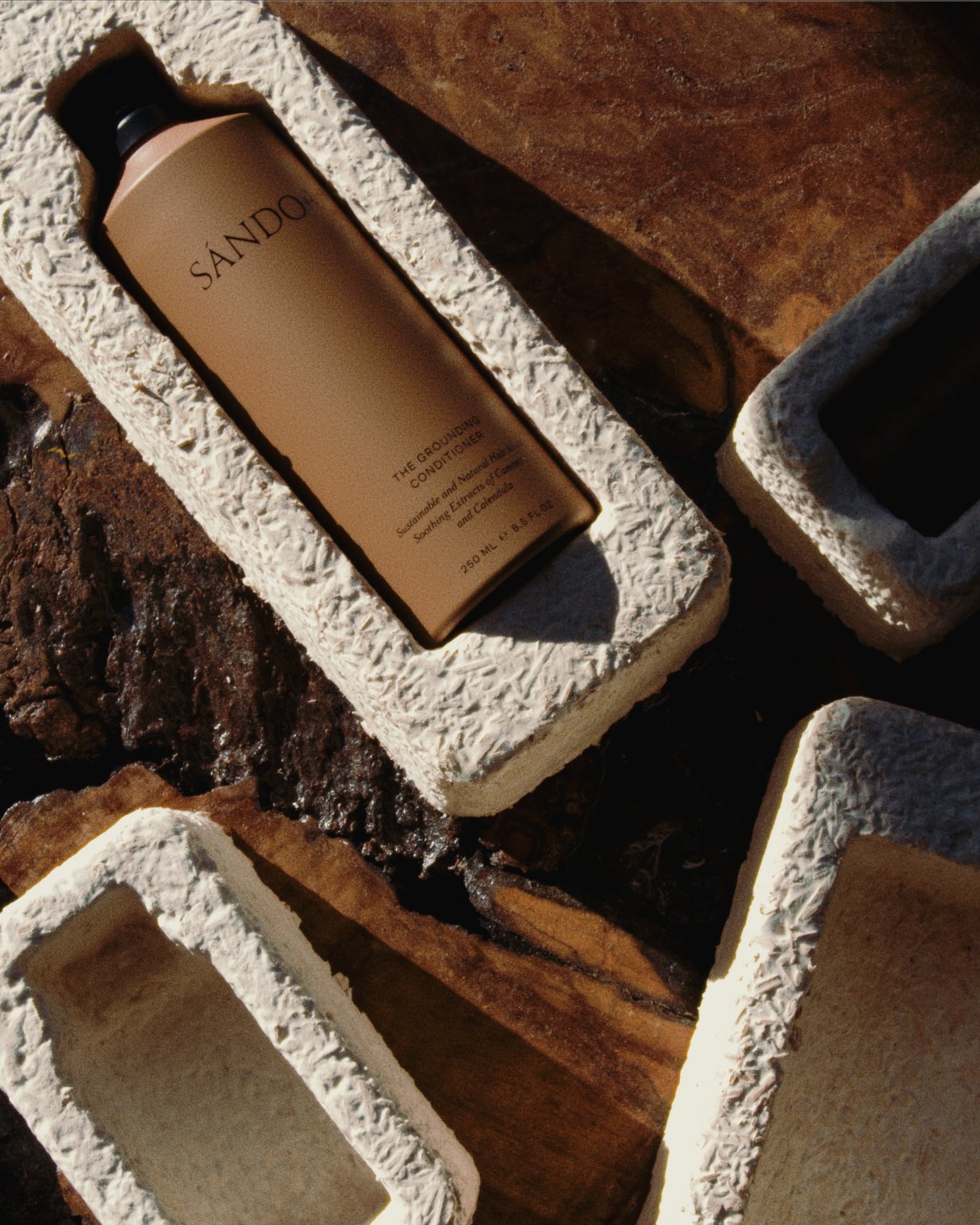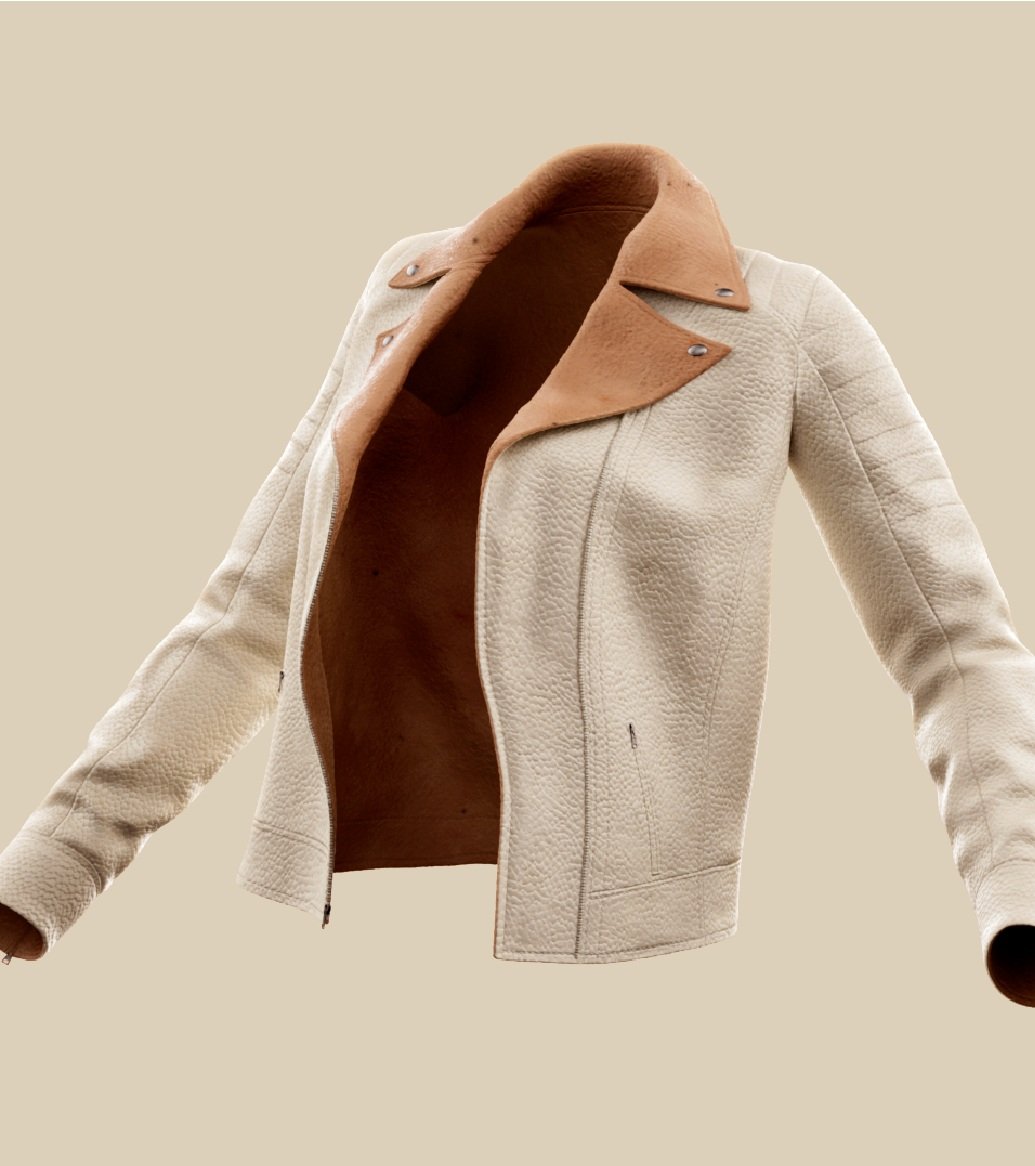How to Grow a Mycelium Company
To tackle the problem of scaling up sustainable materials, we started working like a mushroom
By Eben Bayer- Co-founder and CEO of Ecovative
Being first is great, but it can come at a cost. When we introduced mycelium materials to the world, our focus was on one technology: a composite of mycelium and agricultural byproducts that would replace petroleum-based packing foam.

Mushroom® Packaging protecting Sándor’s products
At the time, our goal was to demonstrate the possibilities of this novel biomaterial, what would come to be called Mushroom® Packaging. But it was also to make that possibility into a reality. As a material, mycelium is both ancient and cutting edge. That means conducting extensive research to discover what new mycelium materials and products can make a positive difference in the world. It's a complex but exciting problem, and in the process of working through it we have come to think of ourselves as almost like mycelium ourselves, constantly growing and producing proverbial 'mushrooms' along the way that will kick off growth in new areas.
Fifteen years after we created the category of mycelium composite materials, we are now seeing widespread adoption. Throughout that time, we've been steadily advancing mycelium technology, as demand for sustainable materials has grown in parallel — now the two vectors are finally overlapping. This long adoption curve is typical of fundamentally new platform technologies — they must first become familiar to consumers and companies alike, before any transformative possibilities for an industry can be realized. We are at the beginnings of a kind of Cambrian Explosion for biomaterials, and are still positioned to play a key role in the field, which is rare for progenitors of a field. Thanks to patient and prescient early stage capital, such as from the DOEN foundation and VentureWell, as well as early government and state research grants, we were able to evolve from breakthrough innovators to viable business. Actually, that innovation is our business.
Everything Old Is New Again
If you're trying to improve the world or make a meaningful dent in the status quo, whatever you build has to work and it has to last. Nature has always exemplified resilience, and we've seen what single-use disposability gets us. So from the moment we started working with mycelium, we wanted what we built to contribute to the cycles of life instead of compromising them.
In Ecovative's case, working in fashion, shipping, food — each in dire need of transformation — has also taught us a lot about how to serve the needs of customers, research, business growth, and environmental responsibility all at once. Our work comes down to connecting the advanced technologies that nature has already evolved to the specific needs of a customer or market.

Close up of the mycelium network showing the branching pattern and open-cell structure
Fungi are among the oldest forms of life, but they are still almost brand new to science and engineering. Underground, mycelia hold the soil together. In the hands of innovative designers and engineers, they offer a wide range of potentially industry-transforming qualities, many yet to be uncovered. There are so many amazing possibilities for mycelium that one can easily be distracted, so we now focus the totality of our efforts on the study of filamentous mycelium as a living material synthesizer: how it grows, evolves, and can be influenced and supported to create repeatable, scalable materials. The further step of bringing these mycelium materials to market belongs to specialized product divisions like Forager.

Mushroom leather jacket concept for Forager
Here is our basic model for making a difference with biomaterials: Ecovative researches new uses and capabilities for mycelium. Discoveries relevant to fashion, or food, or shipping, or anything else are then developed in partnership with experts in that industry. Eventually, that expertise is cultivated and organized into a separate business, one that works with brands, industry experts and product designers to commercialize the new biotechnology. What results are whole new product lines — delicious slices of MyBacon for the breakfast plate, a supple Forager Hide for a fashionable handbag — that distill the possibility of mycelium materials into a tangible, marketable reality.
In January 2022 we announced Forager, the latest example of a division that emerged this way. Their focus is on vegan leather and flexible foams made from pure mycelium, working up new products with established brands, and quickly scaling up production to meet the exploding demand for better, more sustainable materials.

MyForest Foods brings oink-free MyBacon™ to market
Another sister company, MyForest Foods, is currently focused on oink-free bacon made with mycelium. While each entity is separate, we're all connected. Since both are built on the same underlying technologies, research done at our Mycelium Foundry could produce a single breakthrough that has implications not just for fungi-based food, but also for leather and a wide range of soft goods applications. This arrangement also facilitates a high velocity of innovation, which in the case of MyForest Foods saw an idea for mycelium bacon grow into an industry-changing product in just 18 months. In this way, all can work independently on the collaborative project to accelerate adoption of Earth-friendly biomaterials. Ecovative's role is providing the fundamental knowledge base and improving the means of mycelial production.
The Message of the Mycelium
Like life in the forest, none of us do anything alone: we're all in this together. That's a big part of what makes this way of growing businesses so exciting: it encourages a collaborative rather than just a competitive mindset. Many ask simply, "how can we gain an advantage in this industry?" It is equally productive to ask how one might establish partnerships that advance not only the cause of the company, but also the needs of people and planet. Triple bottom lines are great, but our hope is to see entire ecosystems of businesses with these priorities, each supporting one another and in doing so, supporting the needs of spaceship Earth and all its inhabitants.
More people are recognizing that we need to change the way we operate to keep our planet — and therefore ourselves — healthy and happy. That includes at the level of what we consume, where we get our power and food, and how we do business. Fungi teach us that growth happens in stages, in different places at once, and that there is power in allowing others to grow beside you in partnership. Those are lessons any business can learn from. Working with biology, and Nature more generally, shows us that everything we need is already all around us, that waste is a choice, and that evolution is at least as much about collaboration as competition.
-e



